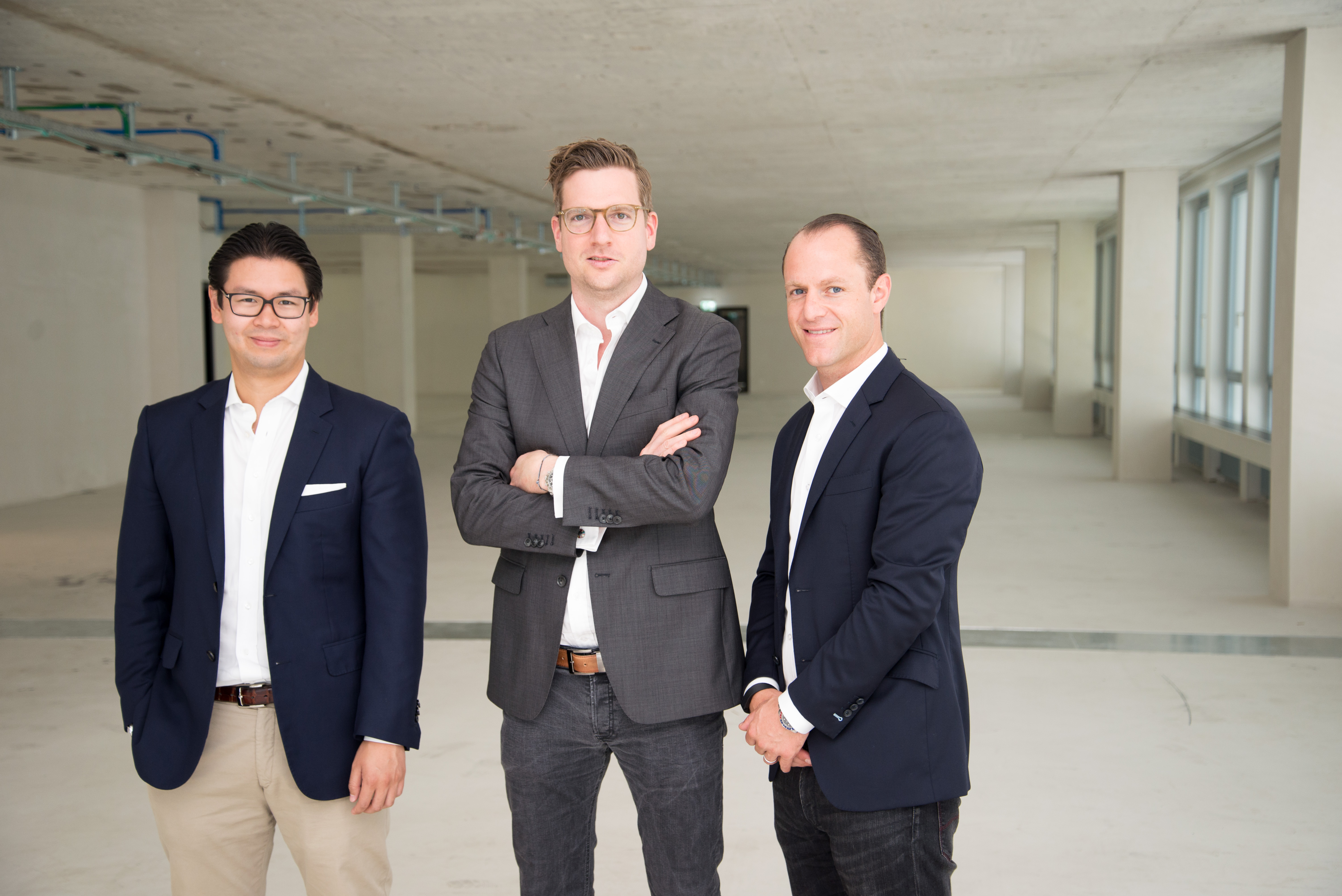Electromobility more cost-effective in the long term
A new study shows that the switch to electromobility is economically more favorable in the long term than other greenhouse gas-neutral transport concepts.

If transport is to be greenhouse gas neutral in 2050, vehicles with alternative drive systems and new fuels that do not cause any climate-damaging emissions will have to be used in the future.
A current study of the German Öko-Institut in cooperation with the DVWG Research Unit at the EBI and INFRAS on behalf of the Federal Environment Agency now shows that the switch to electromobility performs best from an economic cost perspective in a direct comparison with other greenhouse gas-neutral drive and fuel options.
Overall, the additional costs of switching to electric vehicles are a good quarter lower for passenger cars and around half lower for long-distance trucks than for vehicles powered by electricity-based fuels such as methane, hydrogen or synthetic gasoline and diesel from imports. In their scenarios, the experts took into account the economic costs of purchasing the vehicles, setting up the refueling station and charging infrastructure, and supplying energy in the period from 2010 to 2050.
Energy supply makes the difference
According to the Öko-Institut, the most important component of the cost calculation is the provision of energy, i.e. the costs incurred for the production, transport and use of the fuels. Depending on the technology, up to the point of refueling, up to 50 percent more electricity is used for the production and distribution of electricity-based fuels from renewable energies than for electromobility. In addition, electric vehicles are about twice as energy-efficient as vehicles with internal combustion engines, even when driving. Together, these two factors drive up the cost of providing energy for electricity-based fuels.
"The direct use of electricity is the most cost-effective option for long-term greenhouse gas-neutral transport in both passenger and freight transport" explains Peter Kasten, mobility expert and project manager of the study at the Öko-Institut. "Admittedly, electromobility is still expensive today, mainly because of the high battery costs. But if the costs of electric vehicles come into line with those of other vehicle types in the medium to long term, the balance will be clearly in favor of electric vehicles."
Manageable costs for infrastructure conversion
This also applies to the additional costs for setting up the filling station and charging infrastructure. However, according to Kasten, these are much more manageable than is generally assumed, particularly in the expansion of electromobility: "The costs for the changeover in the energy infrastructure are significantly lower than a system change in the provision of energy and in vehicle drives." And: "At this point, politics and industry are called upon to set the course for the future. Because only with a sufficiently available and reliable charging infrastructure can electric vehicles survive on the market and play out their advantages in terms of energy costs."
This analysis applies to passenger transport as well as to road freight. According to the research team, for example, the additional economic costs in the period between 2010 and 2050 for electric overhead hybrid trucks are only half as high as for the other greenhouse gas-neutral options, despite the investments in overhead infrastructure on highways. Due to the high mileage of trucks, the cost benefits in energy provision are particularly pronounced for trucks. Direct electricity use is not available for air and marine transportation, and electricity-based fuels are an important climate mitigation option for these applications.
Source: Öko-Institut e.V., Berlin


















